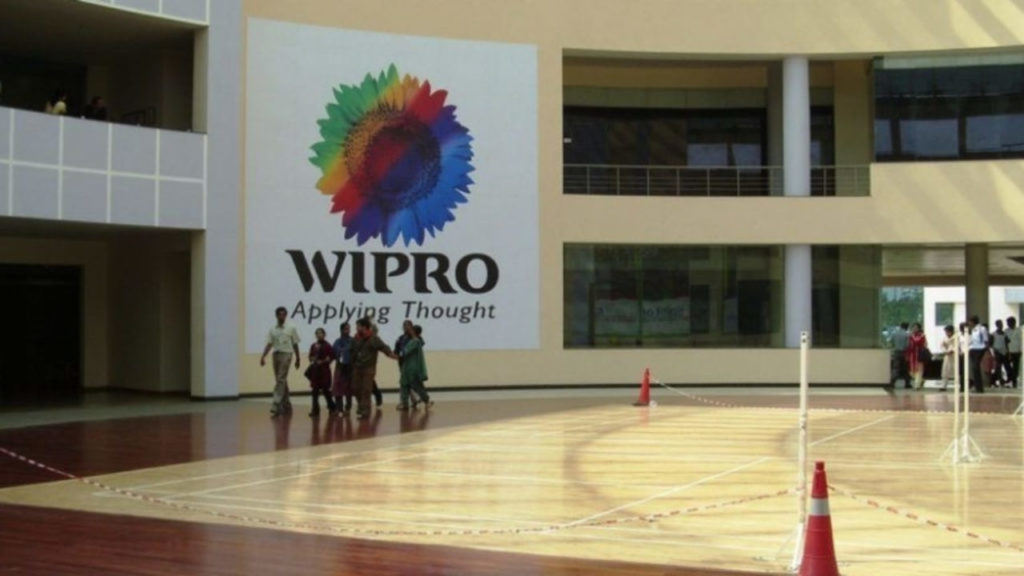On August 16, Wipro, a major provider of Information Technology services, announced the launch of a Generative Artificial Intelligence (AI) Center of Excellence in collaboration with the Yardi School of Artificial Intelligence (ScAI) at IIT Delhi. This initiative is part of Wipro’s commitment to invest $1 billion in AI over the next three years and includes training its 250,000 employees in AI. The newly established center of excellence is an integral component of this $1 billion commitment.

Fostering Innovation: Wipro and ScAI Collaborate on AI Research Hub
According to Wipro, the center will serve as a hub for research and development, facilitating collaboration between Wipro researchers, ScAI faculty members, and graduate students. Together, they will tackle real-world challenges at scale by harnessing AI, machine learning (ML), and other cutting-edge technologies to build innovative solutions.
Subha Tatavarti, Wipro’s Chief Technology Officer, expressed that this collaboration will not only bolster their research and development capabilities in emerging areas like generative AI but also connect them with a pool of talent to develop advanced solutions for existing and emerging business challenges.
Educational and Research Collaborations Pave the Way for Technological Advancements: Wipro and IIT Delhi’s ScAI Partnership
Professor Mausam, Head of the Yardi School of AI at IIT Delhi, emphasized the significance of this partnership in providing valuable learning and growth opportunities for students. Through this Center of Excellence, students will gain practical insights into industry-relevant problems and learn how their technical expertise translates into real-world applications. He anticipates that this collaboration will be mutually beneficial, contributing significantly to India’s progress in these critical technology domains.
Wipro has previously disclosed its investments in a generative AI Center of Excellence and ongoing research partnerships with leading academic institutions, spanning a period of more than two years.











